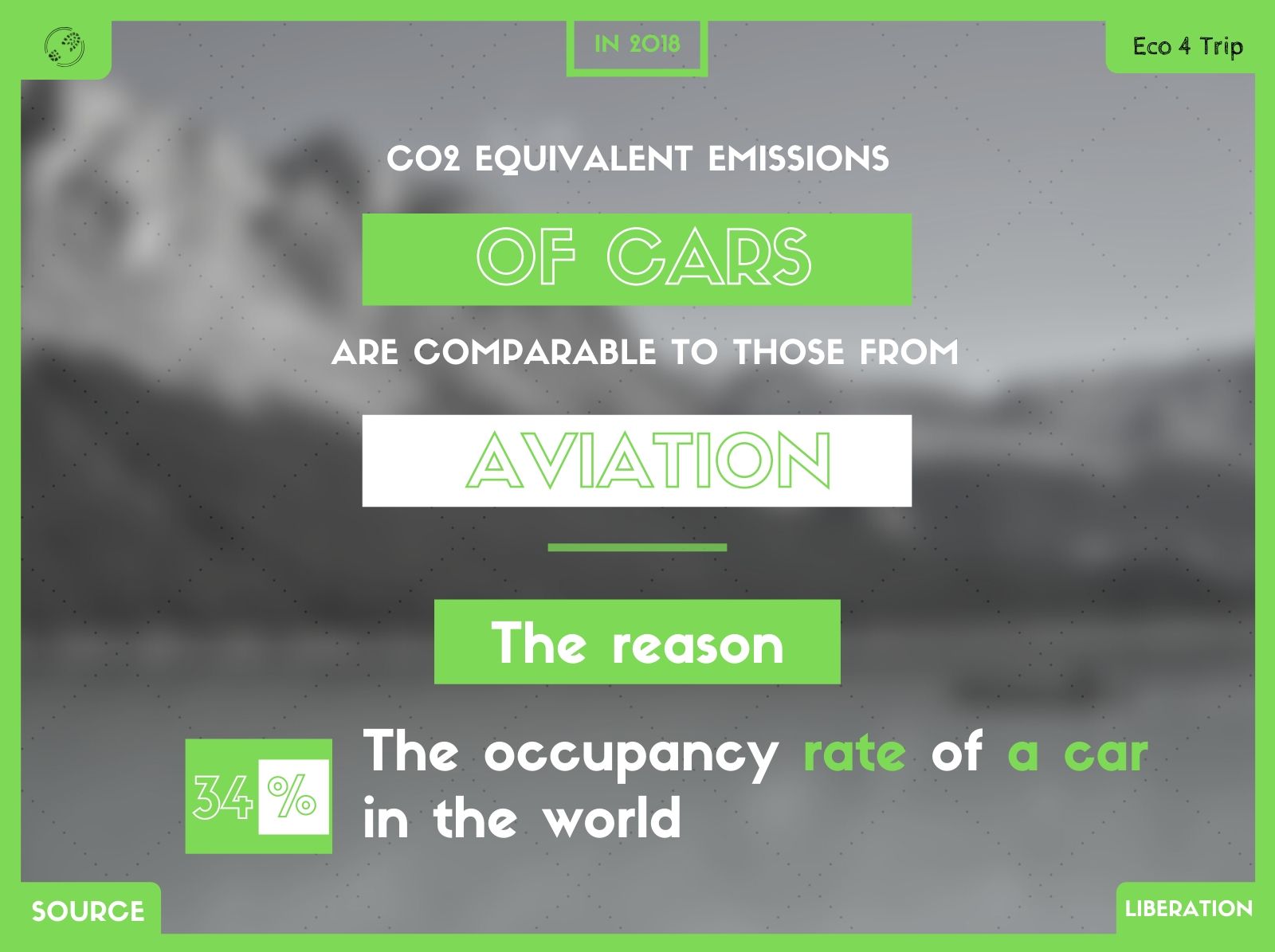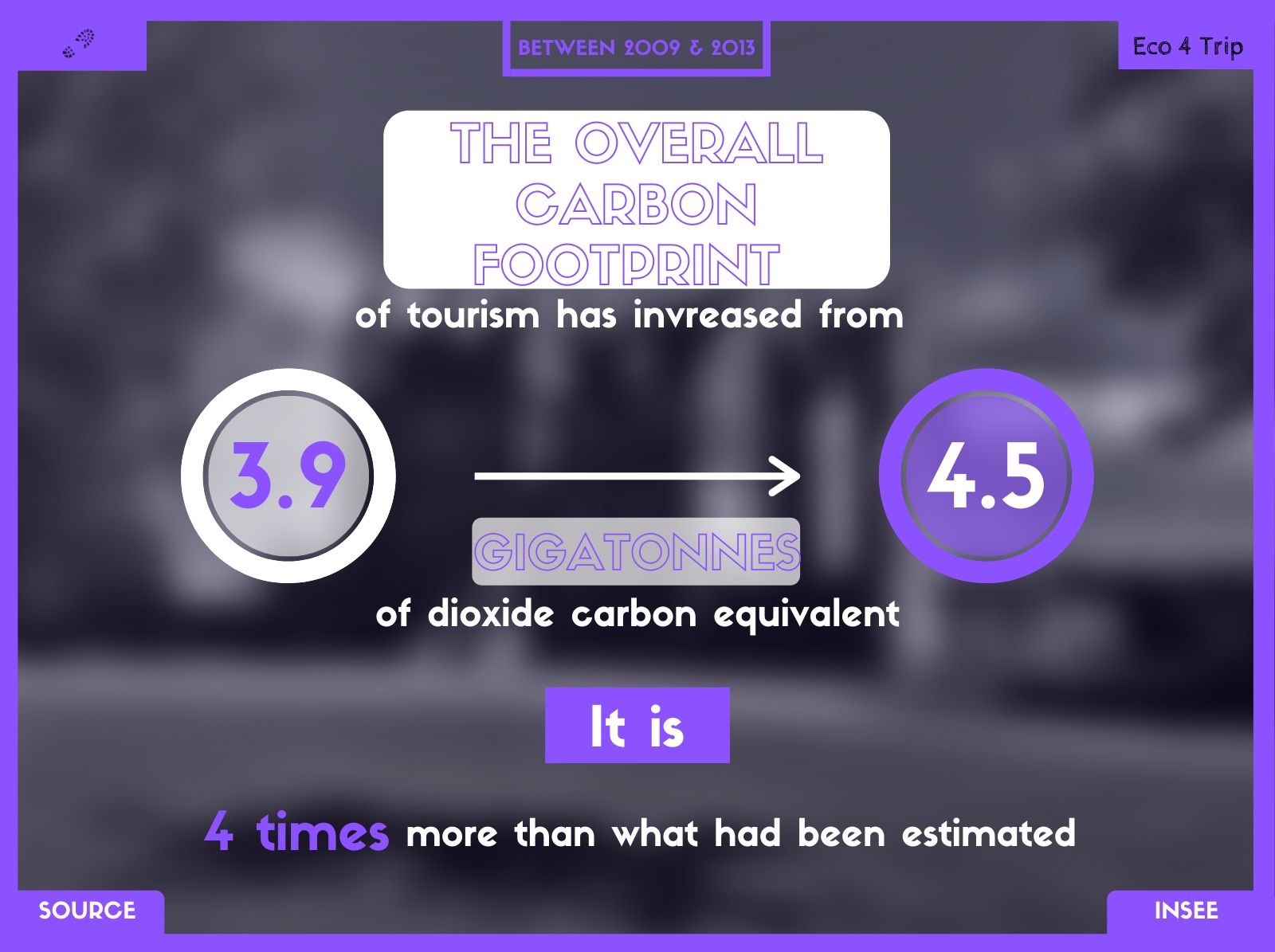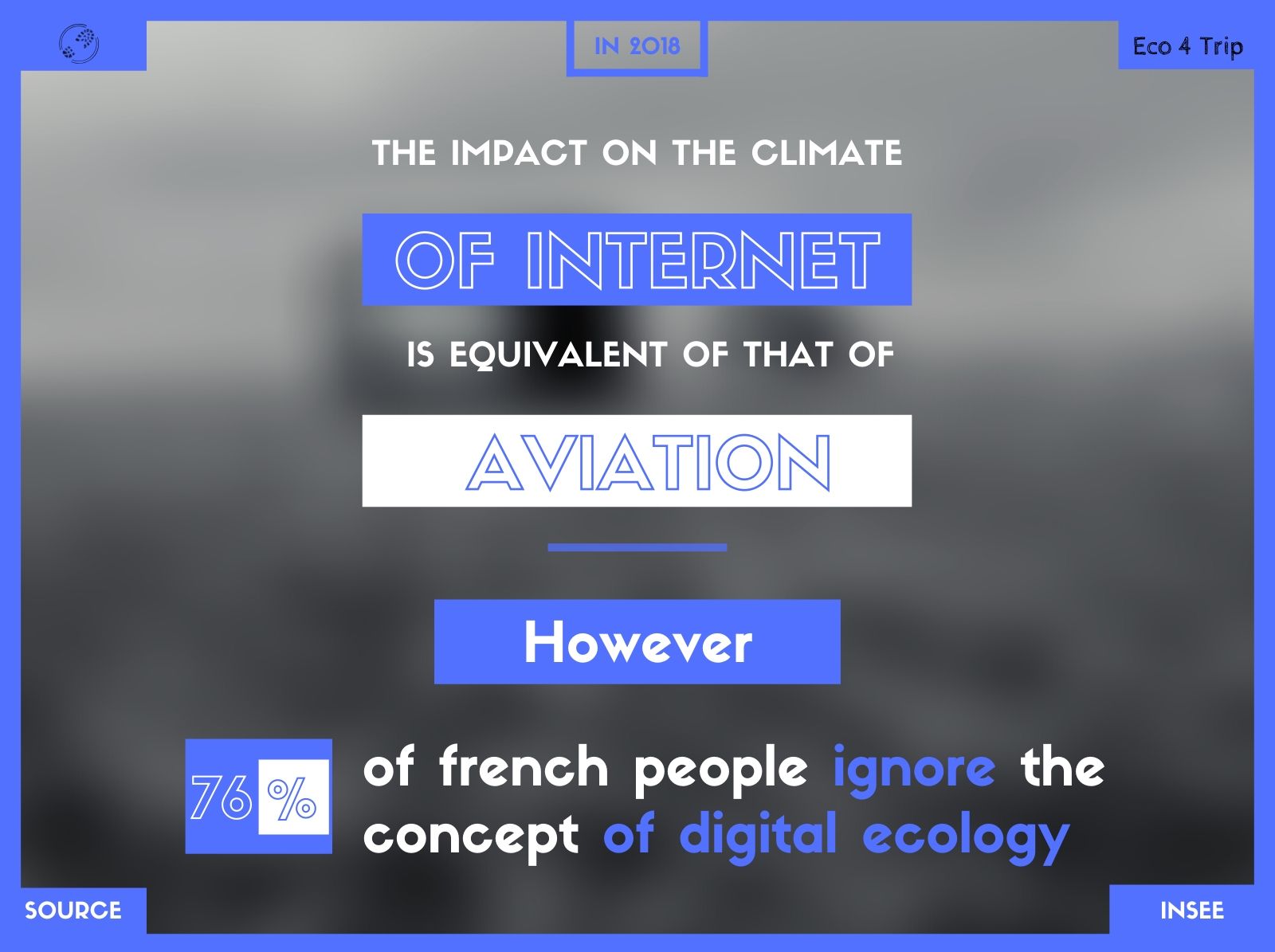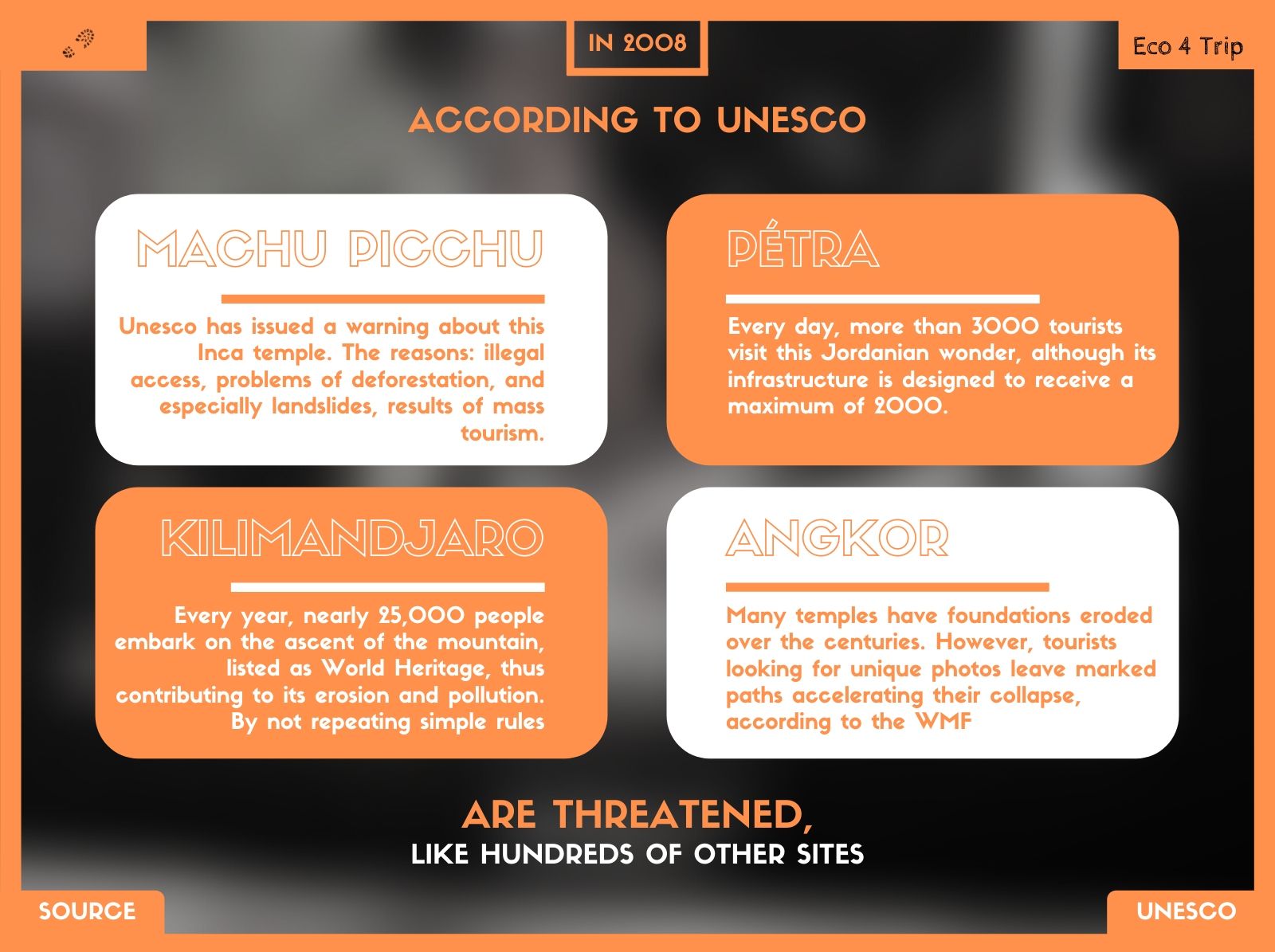Why have we thought about this project
Going on a sailing trip, volunteering at the other end of the world, sleeping at an Ecolodge or traveling with a travel compagny. You may not really know the impact of your trip. But you can do it mor responsible an ecologic.
Our eco responsible trip
Km traveled without fossil energy
€ injected in the local economy
Tons of CO2 not rejected
Assisted associations
Causes
Transport
One of the most important things to know when traveling is the mode of
transportation to use. Nowadays, airplanes and cars lobbies are so important in our lives that you
feel you must use one of them to travel, mostly if you want to go on a world trip.
Fortunatly, it's not an obligation. In Europe, for exemple, you can take a bus or train
which would be cheaper than planes tickets and give you a great opportunity to explore the
world.
Have you heard of Interrail ? Or do you know that it is possible to take the Trans-Siberian
/ Mongolian to go to Mongolia / China from Europe ? Did you know that it is possible to join a
crew on a sailboat to cross the oceans ? In 7 months, we will show you how to travel
differently, on a common budget and taking care of our planet.
Do you want to understand what you consume ?
It's here
Activities
Tourism has increased in recent years, and the activities offered by
agencies or large cities to attract people are more and more diverse. At what cost. In 2016,
tourism has created 7000 billions of Dollar worldwide. But what they offer don't really
respect the local environement or local culture.
The disappearance of marine life in Australia or the destruction of the Amazon rainforest are
examples of overexploitation of our natural resources all over the world so that tourism
can develop at the expense of the environment in logic of short-term returns.
As Eco-trotter you must:
Think outside of the box : travel to learn about the place you are traveling in. You
should visit museums, historical sites, and wander in the streets to discover urban art for
exemple. Leave room for improvisation: during the visit, do what you want. Eating at a
local restaurant you just found, even if you don't see it in your book, visiting an ecological
farm or buying a product made by a craftsman, all of this is an experience that will enhance
your trip. Ask local people for information: this is the best guide you will find for an
authentic trip. Thanks to them, you can explore places that tourists have not heard of, such as
restaurants, bars, beaches, hiking trails and many other secret sites they want to protect from
tourism. Disconnect from the Internet a bit so that you are not influenced by what you see
and what people tell you what you should see or do, most of the time it will take you to a very
touristy place.
These actions are the keys to travel in a less conventional way and will guide us during the trip
that we will share with you. We are convinced that there are many things to see in addition
to the most popular places.
.
Internet
At the time of travel 3.0 and social media, everybody long to share what they do and
see when traveling by sharing pictures of all the amazing places they went to. What you may know
but may not have really understood are the consequences of using social media on our environment.
Here few data about how much social media consume in terms of energy: a Tweet consume
0,02g of CO2 per year, an email abandoned in your mailbox, 10g per year, a
Google research, 7g, a streaming video, 0,5g each hour, etc.
Individualy it is not significant but worldwide it is outrageous.
So, how to balance this consumption ? How to minimize the impact of your trip in Internet.
First, if you are creating a blog or website to share information and news, try to choose the
one that has the least impact. For example, this WebSite is Green, with French WebHost.
Then, try to put as few pictures as possible, just one picture per day/places and it's better
for your followers. Soon, our article
"Internet while traveling" will explain you how
to use it responsibly while traveling. Read and share.
Visit
Nowadays, because of all the tourism advertisements promoting large
luxury hotels with many low-cost options included. This becomes even "simpler" with the development
of internet bookings and online "promotions". Although convenient, these web giants are beginning
to destroy the tourism market by offering poor wages and working conditions. Yield, added
value, optimization, they all want to develop the activity to the maximum, sometimes forgetting the
history of the place where they are located. Machu Pichu in Peru, the temples of Angkor in
Cambodia, Venice in Italy or Barcelona in Spain represent quite well the evils of today's tourism.
Overpopulation in the summer season, desertification in the off-season and degradation of these
places that were not designed to accommodate millions of tourists.
The Eco-Trotteur thinks before acting and reduces its impact on society. Here are a few tips to
blend in with the culture.
Travel in a different way, travel with the locals. And even if you don't dare to knock on
people's doors, then use CouchSurfing for example. If you're open to meeting the locals,
this is for you. They can guide you, welcome you, help you, party with you, travel with you, or
just talk about their culture, their country, and always in a very enriching way.
You can always travel outside the high season to avoid overcrowding. This also gives you the
possibility not to book months in advance, but directly on the spot. Soak up the local way of
life so as not to irritate the population, stay respectful of the cities, don't pollute and
above all don't get (over)noticed, the locals rarely like that.
You want to see how we are going to change all that ?
Our detailed project will give you ideas to organize your next trip environmentally friendly
In our days, with the actual filling rate of flights (85%) is around : 120g.
And with a new car is around 28g (+0.9% compared to last year)
In our days, with the actual filling rate of cars (1.7 passenger) is around : 213g.
In our days, with the actual filling rate of boat is around : 1g.
And with a French TGV is around 2.4g.
In our days, with the actual filling rate of train : 11g.
In our days, with the actual filling rate of Bus : 90g (with local buses).
In our days, is the best way to travel !
And for a compagny of 100 people, it's equivalent of 18 Paris-New York round trips each year !
So Twitter generate everyday 1 ton of CO2, or 14.000 km driving a car !
In France, it is almost 450.000 tons of CO2. With this energy, you can power 30 houses of 100 m² until the year 3019.
It represent an emission of 22 kg of CO2 per year (without taking into account the consumption linked to internet).
We estimate that the energetic consumption of the web will reach, in 2030, the mondial energetic consumption of 2008, all sectors included ! So, is not the moment to change our habits and finally have a positive impact in our planet ?



